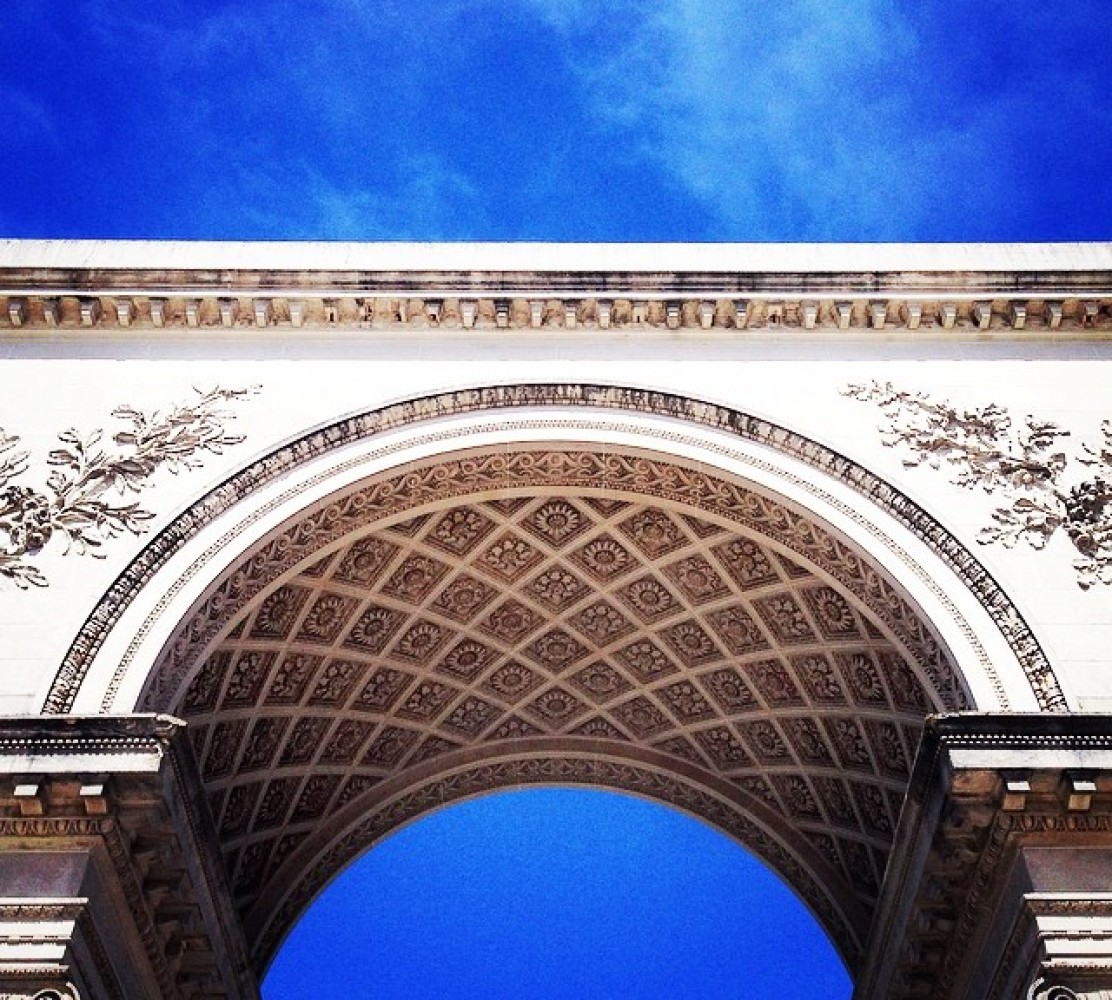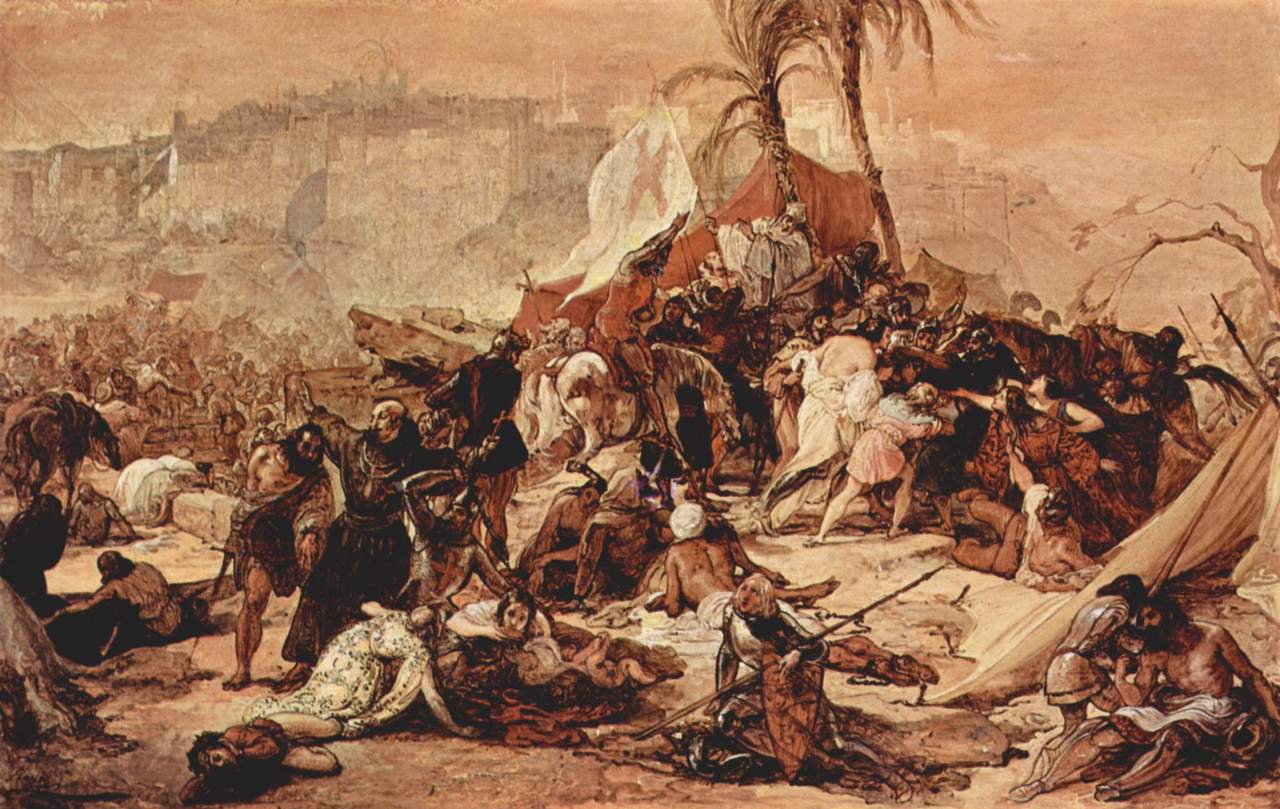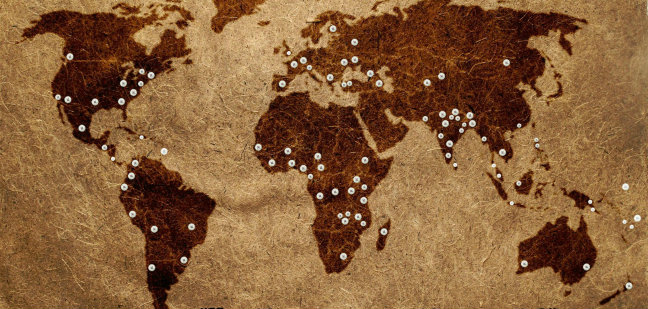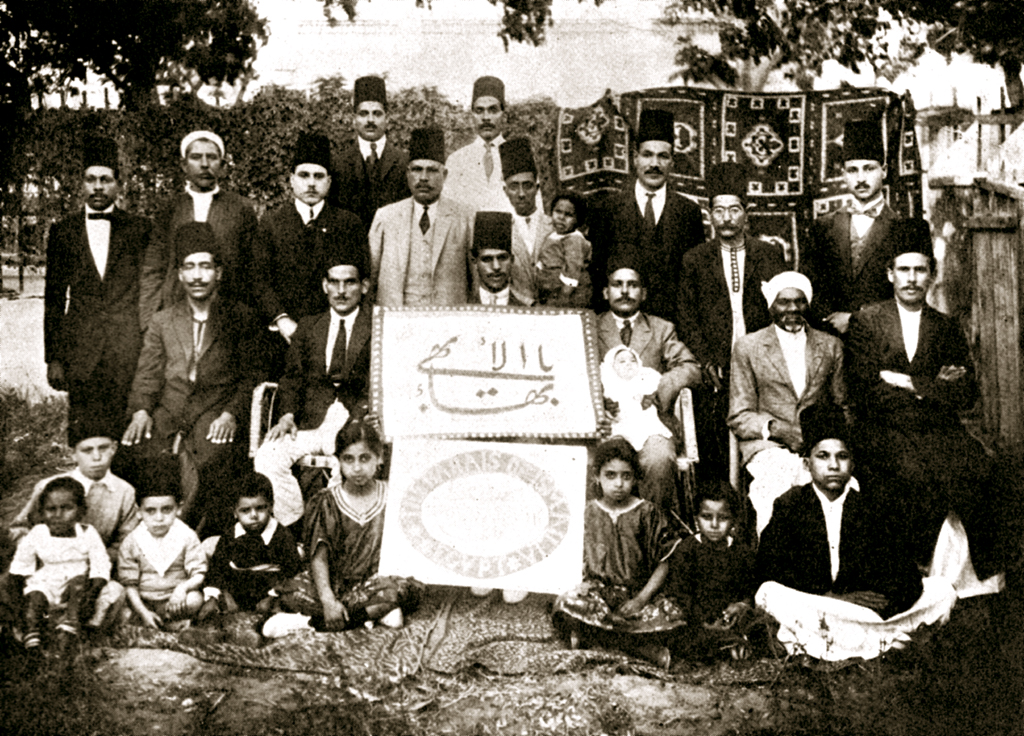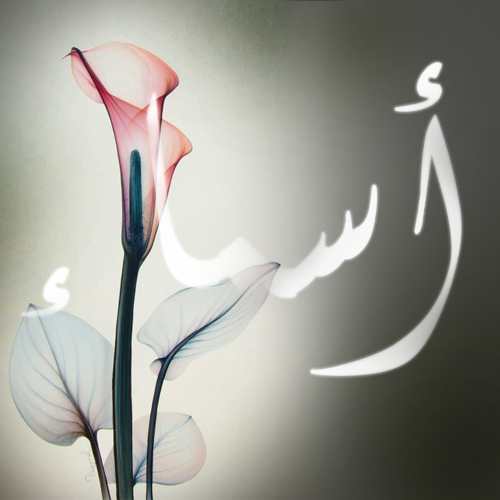Holy War is a controversial topic. The media would portray Holy War as a cause of negative consequences that were stirred strictly out of religious prejudice and fanatical belief. There is no excuse for mankind to lead senseless wars based on fanatical beliefs and prejudice. However, Holy War is a very complex topic; when comparing the past with present ideologies and framework of thought, it is quite illogical. Therefore, to provide us a better understanding of the conditions and framework of the past, it is important that we examine the context of Holy War and why some believe that Holy War is justifiable.
During the period of the birth of religions around the world, Manifestations of God and their believers faced extreme social hardship in the form of false imprisonment, slavery, barbaric aggression, murder and slaughter. Many believers, defying the traditional beliefs of their forefathers and ancestors, faced the swords of their enemies. The believers, respecting the Laws and Essences of the revelation of their Faith, responded only with patience, forgiveness, and steadfastness to the Cause of God. However, as the blood of many believers was being shed, it was up to the Manifestations of God to lead their believers through the difficult circumstances. With the threat of the enemies of the Faith imminent, the Manifestations of God had to respond to this aggressive nature immediately, otherwise they will be exterminated under the force of the evil that surrounded them.
In taking action and defending the Teachings of the Cause of God, the Manifestations of God revealed Holy War. For example, Prophet Muhammad’s Surat At-Tawbah was revealed before the Byzantine-Arab War, considered a Holy War. In my own research of Islamic Studies, the Byzantine Empire pre-meditated an attack by basing their military near the Arabian Peninsula with the aim of capturing the region, present-day Saudi Arabia. To protect the Muslim minority against further bloodshed, Prophet Muhammad revealed the Sura to inspire His people to defend the region against the oppressors and enemies of His Teachings.
Revelations in the Bible, such as Exodus and Leviticus, portray the Holy War between the different civilizations in history; the children of Israel and Pharaohs. The revelations were used by Moses to inspire His people to defend themselves against the oppressors. Moses, in Leviticus 26, reveals:
“And I will give peace in the land, and ye shall lie down, and none shall make you afraid: and I will rid evil beasts out of the land, neither shall the sword go through your land. And ye shall chase your enemies, and they shall fall before you by the sword. And five of you shall chase an hundred, and an hundred of you shall put ten thousand to flight: and your enemies shall fall before you by the sword.”
The Bab, founder of the Babi Faith, faced daily persecution and threats by the Persian Empire. Many of them recorded by notable European historians, describing the different methods of torture used against Babi believers. With the mounting pressure of the Persian Empire, and the rising number of believers dying in the hands of their oppressor, the Bab gathered his men and established a fort called the “Fort of Shaykh Tabarsi.” Bab’s intention was strictly to defend His followers against the atrocities and discrimination of the Sultan of Iran and his Vazir. The book “Gate of the Heart” provides a greater in depth perspective on this matter that I would highly recommend reading.
After the execution and martyrdom of the Bab. Baha’u’llah led the followers of the Bab in their time of mourning. After receiving revelation from Gabriel in the Black Pit, the prison in Iran, Baha’u’llah introduced Teachings that aimed in uniting mankind through virtues and moral acts. Truthfulness, kindness, love, justice and humility were the pinnacles of His Teachings. After revealing the Kitab-i-Aqdas, the Holy Book of the Baha’i Faith, Baha’u’llah revealed Bishárát (Glad-Tidings) – a Tablet that is composed of fifteen headings, each designated a glad-tiding, where Bahá’u’lláh provides teachings and laws. The Arabic text above, copied from Baha’u’llah’s Glad-Tidings, reveals:
The first Glad-Tidings which the Mother Book hath, in this Most Great Revelation, imparted unto all the peoples of the world is that the law of holy war hath been blotted out from the Book. Glorified be the All-Merciful, the Lord of grace abounding, through Whom the door of heavenly bounty hath been flung open in the face of all that are in heaven and on earth.
The first Bishara from Baha’u’llah is quite significant in the realm of Progressive Revelation – Baha’u’llah has declared an end to the practice of Holy War and replaced it with the specific Guidelines and Teachings aimed towards peace and unity. Given this explicit ordinance, Baha’u’llah has decreed that no form of violence can ever be conducted in the name of His Faith. These moral attributes and values taught in His Writings enforce the notion of peace and unity.
However, Holy War should not be confused with individual self-defense and protection. in Baha’u’llah’s Tablet to Queen Victoria, He states:
O rulers of the earth! Be reconciled among yourselves, that ye may need no more armaments save in a measure to safeguard your territories and dominions. Beware lest ye disregard the counsel of the All-Knowing, the Faithful. Be united, O kings of the earth, for thereby will the tempest of discord be stilled amongst you, and your peoples find rest, if ye be of them that comprehend. Should any one among you take up arms against another, rise ye all against him, for this is naught but manifest justice.
In addition, Abdu’l-Baha, son of Baha’u’llah, encourages people to examine the root cause of war and identify means to eliminate wars of any form from occurring. Abdu’l-Baha states:
“In short, every means that produces war must be checked and the causes that prevent the occurrence of war be advanced–so that physical conflict may become an impossibility. On the other hand, every country must be properly delimited, its exact frontiers marked, its national integrity secured, its permanent independence protected, and its vital interests honoured by the family of nations. These services ought to be rendered by an impartial, international Commission. In this manner all causes of friction and differences will be removed. And in case there should arise some disputes between them, they could arbitrate before the Parliament of Man, the representatives of which should be chosen from among the wisest and most judicious men of all the nations of the world.”
(Abdu’l-Bahá: Star of the West, Vol. V, pp 115-116, cited in Peace, A Compilation from the Universal House of Justice, August 1985)
Holy War in all its complexity had a significant purpose – to defend the oppressed peoples of forming religions against the violent blows of their oppressors. However, as humanity is progressing, civilizations are learning from the mistakes of the past and leaders are reconciling their differences through non-violent means.
Holy War is no longer needed and therefore removed from this era until eternity.
